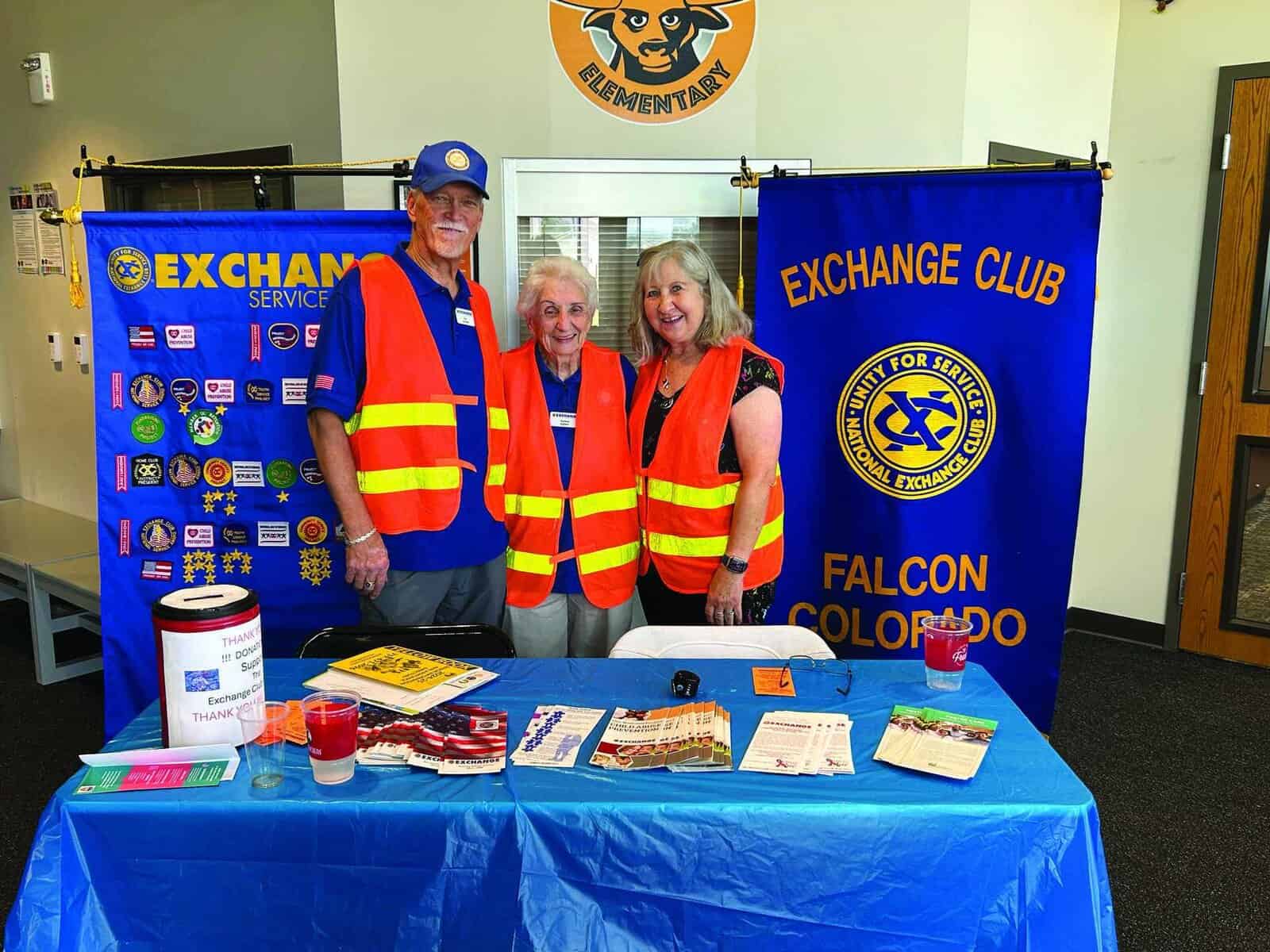Like many horse lovers, I was once enchanted by the myth of the wild horse, the mustang that ran free on the grasslands of the West, refusing to be tamed. I thought people who captured and trained mustangs were crazy.However, Michelle Conner, an Ellicott horse trainer who has gentled a number of mustangs in the past few years, is anything but crazy.Conner and her husband and son share 50 acres with 30 horses, including 16 that she fosters and trains for Front Range Equine Rescue. Conner met Hilary Wood, founder of FRER, through her apprenticeship with Clay Harper, a Salida-based clinician who has a special interest in training difficult horses. When the rescue started taking in mustangs that were gathered from various wild herds in the mountain of Colorado and Montana, Wood approached Conner.In working with mustangs, Conner calls on her year-long experience in an apprenticeship program that involved eight weeks at Harperís facility over the course of a year. Each participant was assigned a horse that had little or no training. They spent two weeks in Salida and then went home to work with their horse alone for two to three months. At the end of the year, each would-be-trainer had to demonstrate advanced skills on his or her horse, with an emphasis on cooperation and partnership.Conner was assigned a 4-year-old Clydesdale mare that had some old injuries and was fearful of people. ìShe went from trembling whenever she saw a person to ñ I could think it and she would do it,î Conner said.Another trainer at the Harper program, Sandy Carpenter, focused on finishing the horse. ìWe rode lots of different horses and horses at different levels of training,î Conner said. Students learned how to handle a variety of horses and how to properly execute advanced movements.Harperís training methods rely heavily on groundwork, skills valuable to Conner in training mustangs. ìThe challenge is getting them to trust you, to not see you as a predator but as a partner,î Conner said. ìI like to do as much as possible on the ground first and get them used to everything so by the time you get on their backs, theyíre totally comfortable.î Conner spends hours in the round pen, working to get the horse to focus on her body language and look to her for direction. She also uses ground driving to teach basic skills, such as stopping, turning and backing.ìMustangs are very smart, but they can also be very lazy,î Conner said. They have learned how to conserve their energy for running from predators. Teaching them to move and to move when she says so is often a challenge, she said. It usually takes longer to gain the trust of a mustang, especially if the horse is older than age 2. The instinct to flee from any unknown presence is closer to the surface in mustangs. ìGenerally, it takes longer for them to come around ñ a lot more desensitizing, a lot more groundwork, a lot of confidence building,î Conner said. ìMustangs are more likely to rely on their instincts when something happens. Every horse has that, but mustangs have had to rely on it to live.î After rescuing numerous mustangs from feed lots and auctions, Wood agrees. ìSelf-preservation is the name of the game with these horses,î she said. ìBut they are generally not high-strung.îIn gentling a mustang, especially in those first crucial months, itís important to work with them frequently. ìThis is a breed that doesnít do well with a lot of time off,î said Conner. ìThey will definitely revert back to the wild if theyíre turned out to pasture and not touched for a few months.îConnerís mustang herd currently consists of two young members of the Pryor Mountain herd in Montana, home of Cloud, the mustang made famous by Ginger Kathrenís books and PBS documentaries. Cody and Braveheart are both about 20 months old. They were captured by the Bureau of Land Management in an effort to keep herd numbers down and avoid overgrazing. ìWith Cody, the first day I was touching him,î Conner said. ìWith Braveheart, it took about a week before I actually had my hand on him. Cody wants to get along with everybody, but Braveheartís instincts are a lot closer to the surface.îIn spite of the training challenges, Wood hopes to find good homes for her horses. Conner is helping by training the once-wild horses to trust humans and reap the rewards of a partnership.





